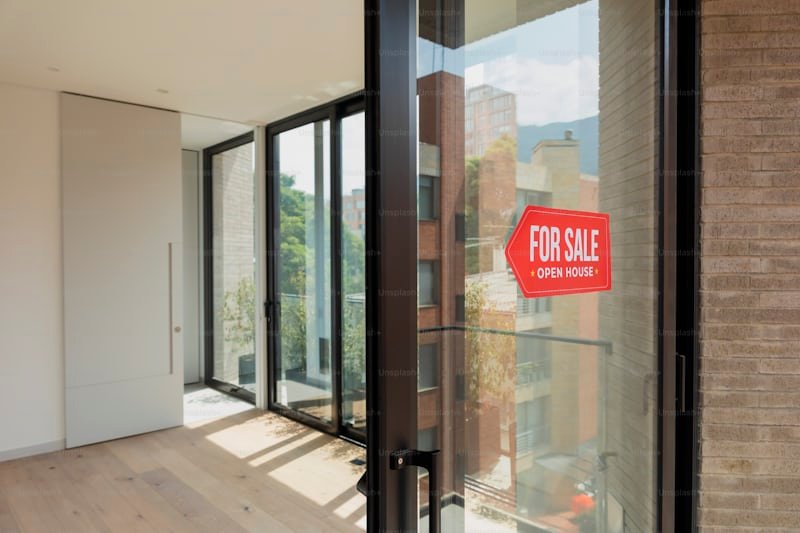The dream of owning a home is a significant milestone for many, but buying a house is much more than just picking out a property you like. It requires careful planning, research, and understanding to ensure your decision is right for your current and future needs.
Whether you’re a first-time homebuyer or looking to upgrade to your dream house, this comprehensive guide will help you navigate the process and make informed decisions.
What to Consider Before Starting Your Search
Buying a house is a big financial and emotional commitment. Before you look at the listings, take a step back and evaluate your readiness.
Assess Your Financial Health
Understanding your financial standing is crucial. Start by checking your credit score, as this will influence the type of mortgage you can secure and the interest rates you’ll be offered. Calculate your budget by factoring in the following:
- Your income
- Savings for a down payment
- Closing costs
- Additional costs like property taxes, insurance, and maintenance
Knowing what you can afford will save you time and help narrow your options.
Define Your Needs and Wants
Think about what you need versus what you want in a house. Consider factors such as:
- Location
- Number of bedrooms and bathrooms
- Proximity to schools, workplaces, and amenities
- Style of home and layout preferences
Having a clear idea of your priorities will help you focus your search and avoid being overwhelmed by choices.
The House Hunting Process
Once you’re financially prepared and know what you’re looking for, the next step is searching for properties. If you’ve come across a listing for a house for sale in Lasalle or any other desirable area, keep these tips in mind:
Research the Market
Understanding the local real estate market is essential. Look into recent sales in the area to gauge average prices and trends. For instance, a house for sale may have specific factors affecting its value, such as proximity to waterfront views or community amenities. Knowing the market will help you identify a fair deal and avoid overpaying.
Work with a Real Estate Agent
A good real estate agent can be invaluable. They’ll have insights into the market, access to listings that may not be widely advertised, and expertise in negotiating deals. Share your requirements with them, and they’ll help streamline the process.
Visit Properties in Person
Photos and virtual tours can only tell you so much. Make time to visit properties you’re seriously considering. Pay attention to the roof’s condition, plumbing, electrical systems, and overall layout. If you’re looking at a house for sale, explore the neighbourhood to get a feel for the community and amenities.
The Buying Process
Once you’ve found a house you love, it’s time to move forward with the purchasing process. Here are the key steps:
Make an Offer
After identifying your ideal property, your agent will help you draft an offer. This will include the price you’re willing to pay and any contingencies, such as a home inspection or financing approval. Be prepared for negotiations, as sellers often counteroffer.
Conduct a Home Inspection
A thorough inspection is crucial to uncover any hidden issues with the property. Structural problems, outdated systems, or pest infestations can be costly. The inspection results may influence your decision to move forward or renegotiate terms.
Secure Financing
Once your offer is accepted, finalize your mortgage. Work closely with your lender to provide all necessary documents and lock in your interest rate. Be mindful of your spending during this time to avoid affecting your loan approval.
Close the Deal
Closing day is the final step in the home-buying process. You’ll sign all the necessary paperwork, pay closing costs, and officially own your new home. Congratulations, you’re now a homeowner!
Things to Watch Out For
Buying a home is exciting, but getting caught up in the moment and overlooking potential pitfalls is easy. Here are some common mistakes to avoid:
Overextending Your Budget
It’s tempting to stretch your finances for a home you love, but this can lead to stress and financial strain down the road. Stick to your budget and prioritize long-term stability.
Ignoring Future Resale Value
Consider its resale potential even if you plan to stay in your new home for years. Features like a good location, updated systems, and a solid structure will help maintain or increase its value over time.
Skipping the Fine Print
From contracts to loan agreements, read everything carefully and ask questions if anything is unclear. Understanding the terms will prevent surprises later.
Conclusion
Buying a house is a journey that requires preparation, patience, and due diligence. Whether it’s a charming house for sale or another dream property, following these steps will help ensure you make a wise investment. By staying informed and focused on your goals, you’ll be well on your way to finding a home that brings you happiness and stability for years.











